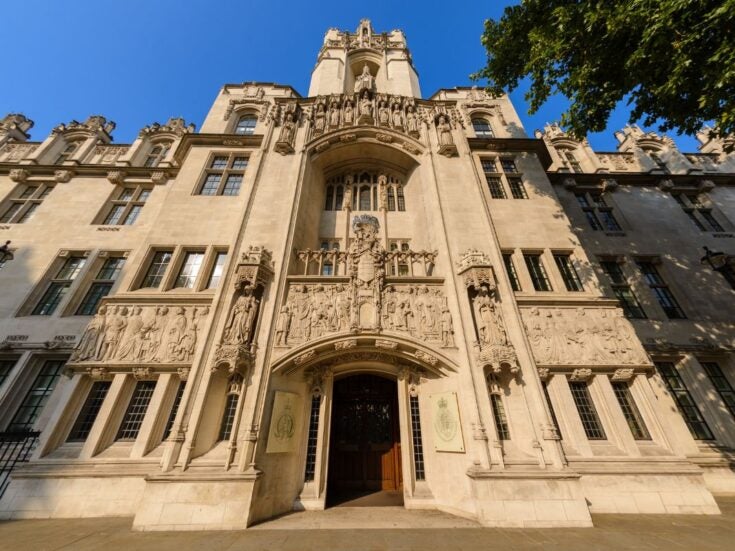
Rather like the hush-hush operations they purport to describe, some official military and intelligence histories are more successful than others, says Nigel West
THERE IS SOMETHING very British about official histories, and there is a uniquely British quality about official histories on intelligence topics. Not many countries commission independent historians to document wars, battles, particular incidents and projects.
The Cabinet Office, the Ministry of Defence and the Foreign Office all employ a staff of historians, and there is a rich experience in the postwar era of governments inviting academics to write accounts that may, or often may not, be released to the public.
Sometimes an intelligence agency will sponsor a study for internal consumption only, and in the postwar era Chris Woods, Neil Blair and John Bruce Lockhart all completed lengthy analyses of various aspects of the Secret Intelligence Service’s wartime operations. Although the SIS books are unlikely to be released, Keith Jeffery of Belfast University is completing an official history of the organisation, from 1909 to 1949, for publication in 2010.
Similarly, at the end of World War II, veterans of Bletchley Park were invited to commit to paper what had been achieved, in order to ensure a permanent record of the codebreakers’ brilliantly successful attack on the enemy’s cipher systems. One volume, co-authored by Peter Calvocoressi and innocuously entitled The German Police, actually documented GCHQ’s knowledge of the development of the Nazi concentration camps and the first cryptographic signs of the Holocaust dating back to compromising intercepts from the Russian front solved in the late summer of 1941.
Several other wartime histories have slipped into the public domain, some without overt approval from Whitehall. In 1972 John Masterman persuaded his former pupil Alec Douglas-Home to let him disclose a version of his The Double-Cross System in the War of 1939–1945, and Roger Hesketh eventually received permission to publish his account of Operation Fortitude. Other authors were less fortunate, and David Garnett’s Secret History of PWE – Political Warfare Executive and William Mackenzie’s Secret History of SOE: Special Operations Executive had to wait decades for Cabinet Office approval.
Conversely, Margaret Gowing’s 1964 history of the British atomic bomb programme and MRD Foot’s controversial SOE in France were specially commissioned by ministers to answer a specific demand for accurate knowledge in a particular field where some secrecy remained essential.
THIS WAS A field pioneered by Charles Cruickshank, with SOE in Scandinavia and then SOE in the Far East, and Mark Seaman has created a veritable cottage industry of trawling through files scheduled for release to the Public Record Office to publish MI5’s internal histories of Garbo and Camp 020 and reports prepared by SOE.
Of all the official histories, Harry Hinsley’s volumes on British Intelligence in the Second World War and Brooks Richards’ Secret Flotillas are perhaps the most impressive, and certainly compare very favourably to Sir Lawrence Freedman’s much delayed account of the 1982 Falklands campaign. Arguments between the MoD and the Foreign Office over the wisdom of confirming details of Operation Mikado, the ill-fated SAS raid on the Argentine mainland, ensured that the book overshot by a wide margin its scheduled release date.

Another less successful effort was Tessa Stirling’s recent collaboration with a group of Polish historians to document wartime intelligence cooperation. The project opened ancient wounds and descended into bickering among the academics in Warsaw.
The latest contribution is the centenary history of MI5, The Defence of the Realm, by Christopher Andrew, which is the fruit of a lengthy study of 400,000 files to put into context the organisation’s activities. Although claiming to be a warts-and-all analysis, it omits some crucial episodes, such as two cases of hostile penetration during World War II, and some landmark failures of the Cold War, including three prosecutions that brought much embarrassment to the Security Service.
His treatment of the molehunts conducted during the 1960s also toes a perceived party line, dismissing the numerous counter-intelligence professionals who detected tangible evidence of Soviet penetration as ‘conspiracy theorists’.
Of course, these disagreeable subjects must be covered, but selectively to ridicule some of the most dedicated officers to work for MI5 is to do their memory a considerable disservice. Arthur Martin, for one, was a brilliant and intuitive investigator who receives no credit for having pursued Kim Philby and Anthony Blunt, and instead is condemned as an acolyte of Anatoli Golitsyn, a KGB defector who is rejected as a paranoid delusional.
It may be that the evidence of hostile penetration of MI5 by the Soviets can be explained innocently, but no attempt has been made in The Defence of the Realm to do anything other than attack the integrity of Martin and his colleagues, whose sole crime was to speak truth unto power. Often the message is unpalatable, but that is no reason for ad hominem attacks on public servants who were doing no more than their duty, however distasteful.







